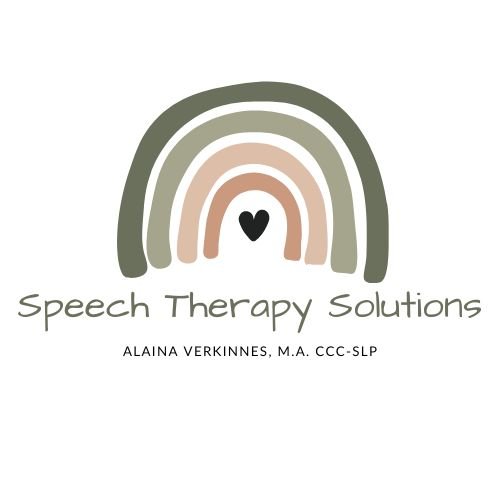Down Syndrome Awareness
This month we celebrate those who have Down syndrome! I am lucky to have come across some of the most intelligent and insightful children who have Down syndrome. There is no better smile or hug I can ask for. As a therapist, I have always been confident in the abilities of a baby who has a diagnosis of Down syndrome. A diagnosis of Down syndrome comes along with many questions about what the future will bring for parents. How different will this child be compared to his/her peers? Do all individuals with Down syndrome struggle to communicate? Can speech therapy help? Where does one begin?? Each individual with Down syndrome has a unique and different set of abilities. Let’s start with what we know…
Down syndrome, also known as Trisomy 21, occurs when a baby is born with an extra copy or part of chromosome 21. This affects the way the child will grow and develop. Physical differences, such as low facial muscle tone, a large tongue with a small mouth and high arched palate, and shorter, more narrow ear canals. A child with down syndrome may also experience cognitive differences, such as a slower learning capacity, which can heavily impact overall speech and language development.
Sometimes, a child with Down syndrome may come to understand the language but not begin speaking their first words until later than their typically developing peers, and these words will likely be difficult to understand. As they age, their vocabulary can develop at a slower pace and it can take them longer to learn to begin putting two words together to create more sophisticated sentences. Frequent ear infections and hearing loss as well as difficulty with feeding and swallowing are also common characteristics of individuals with Down syndrome. The physical structures of a child with Down syndrome can affect motor planning and production of speech sounds. This can make them difficult to understand.
But just like children with autism or kids with ADHD and other neurological learning impairments, children with Down syndrome are not unteachable. Children with Down syndrome are often highly creative and intelligent, but they may require different types of teaching and scaffolding to learn new skills.
Early intervention is key to maximizing the abilities of a child who has Down syndrome. When a child has a speech and/or language delay, it is imperative to immerse them in a language-rich environment. As they say, the more you put into a child the more you get out of them; that’s true with any child and when there’s some form of delay it is only more true. My role as a therapist is to work with the parents/caregivers and provide them with the strategies necessary to have a language-rich environment that is needed for success.
Celebrate an individual with Down syndrome today and every day! You won’t regret it!

